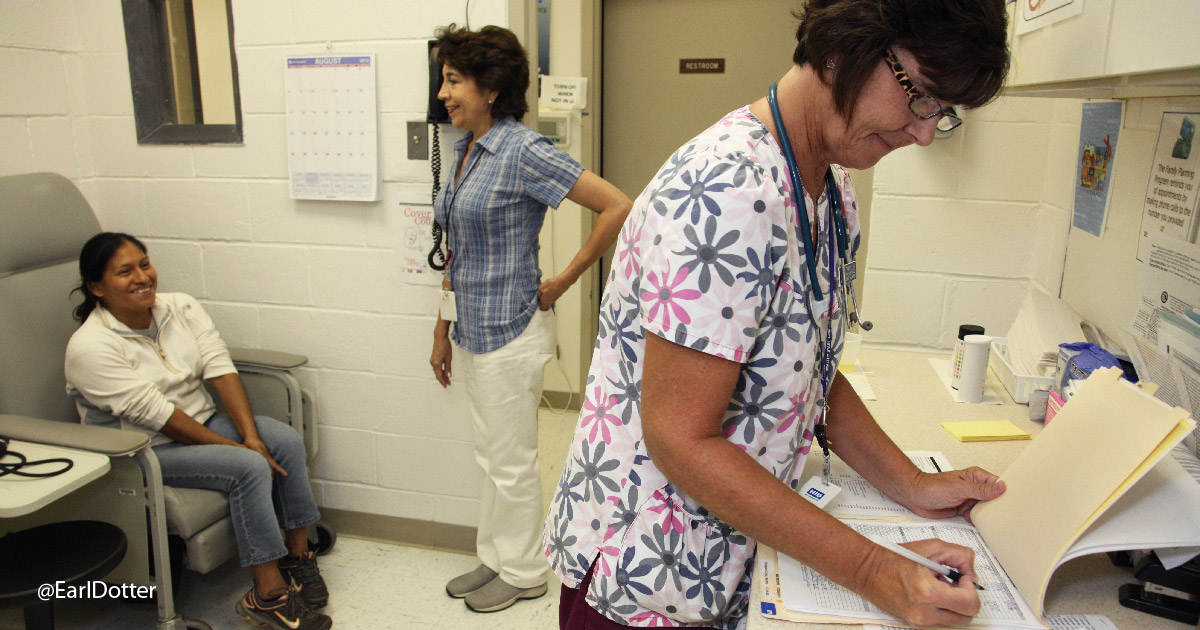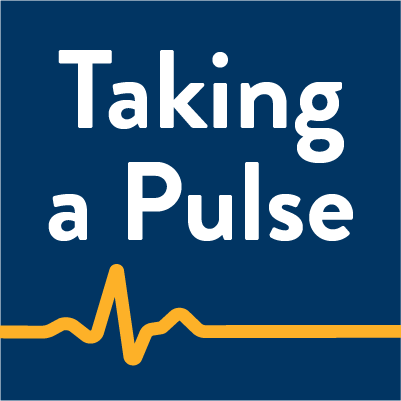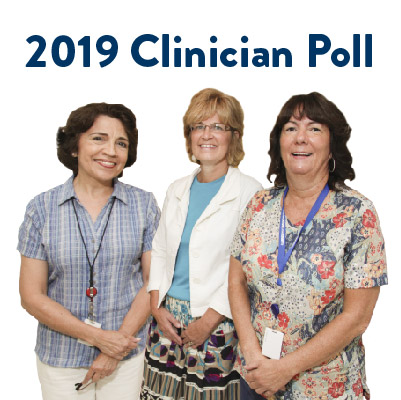- Who We Are
- Clinician Employment
- Publications
- Witness to Witness (W2W)
- Kugel & Zuroweste Health Justice Award
- Your Voice Matters: Photovoice Project
Thu, 05/16/2013 | by Anonymous


By student from Miami, Rachel Becker
A paucity of literature provides an in-depth exploration of the mental and physical health of migrant workers. Researchers and clinicians have a variety of unanswered questions that could help them better serve this community, ranging from methods of health promotion to help-seeking behaviors to resiliency factors. High quality research will not only provide them with a better understanding of this population, but also assist them in tailoring their efforts and interventions.
Given the historical trauma, marginalization, and disenfranchisement of migrant workers, research frameworks must empower communities to have a strong voice in the focus, process, and dissemination of research. Without this type of paradigm, the best-intentioned research projects can maintain the status quo, silencing and pathologizing the community. Furthermore, without extensive community input the results of research might not have strong validity and applicability. In this article, we outline community-based participatory research (CBPR) methodology that privileges the needs and input of the community throughout the entire research process. We, undergraduate and graduate students at the University of Miami, are currently working with the Everglades Community Association (ECA; a migrant worker camp) and EnFamilia (a community organization that provides a wide range of services to ECA) to examine aspects of educational attainment and mental health. We will use our experiences in our current work to illustrate the core elements of CBPR and to provide other practitioners with ideas on how to incorporate these principles into their clinical work and research.
Before initiating research, we focused on building relationships with different community partners. By focusing on building alliances and identifying key stakeholders, CBPR ensures that researchers stay grounded in the community instead of locked away in ivory towers. The second step formalizes this process and provides a foundation of community input that will shape and guide the research throughout the project. During this stage, we formed a community advisory board (CAB). For us, this group included the heads of EnFamilia, who are not only service providers, but are also on the board for ECA. The CAB is a core guiding force that helps to ensure that the community’s needs, not those of outside groups (e.g., a university) or those only perceived by service providers, are the focus of research. Additionally, the CAB co-creates the focus of the research, data collection methods, analysis, and how the data will be reported and used within the community. In a fully developed article, we will outline each of these steps in more detail and illustrate each phase with lessons learned from our own experiences.
Enlazando Migrantes en Investigaciones Participatorias
Por Rachel Becker, Estudiante de Miami
Hay una limitada cantidad de literatura explorando la salud metal y física de los trabajadores migrantes. Investigadores y personal clínico tienen una variedad de preguntas sin respuesta que podrían ayudar a esta comunidad, desde métodos para la promoción de salud a comportamientos de rescate a factor en contra. Investigaciones de alta variedad no solamente les proveerá un mejor entendimiento en torno a esta población, pero también les asistirá en la entrega de servicios e intervenciones.
Dada el historial de trauma, marginalización y falta de representación de los trabajadores migrantes, la investigación debe de estructurarse con bases que inviertan en desarrollar una voz fuerte con enfoque, proceso y distribución de contenido. Sin este tipo de paradigma inclusive el investigaciones con buenas intenciones resultaran manteniendo el status quo, silenciando y patologizando a la comunidad. Inclusive, sin la participación activa de la comunidad se puede llegar a cuestionar la validez y aplicabilidad de dichos proyectos. En este articulo, subrayamos el esquema de la metodología de la investigación basada en la participación comunitaria (IBPC) que da como preferencia a las necesidades y voces de la comunidad a través del en proceso entero. Nosotros, estudiantes de bachiller y post grado de la Universidad de Miami, estamos actualmente trabajando con la Asociación Comunitaria de Everglades (ACE, campamento de migrantes) y EnFamilia (una organización comunitaria que provee un varios servicios a ACE) para examinar aspectos de la entrega de educación y salud mental. Nosotros utilizaremos nuestras experiencias en nuestro trabajo actual para ilustrar los elementos centrales de la IBPC y proveer a otros sitios con ideas de como incorporar estos principios en sus respectivos labores clínicos y de investigación.
Antes de iniciar la investigación nos enfocamos en desarrollar relaciones con diferentes compañeros comunitarios. Al enfocarse en construir alianzas e identificando a las personas involucradas, IBPC asegura que los investigadores se mantenga centrados en la comunidad y no aislados en lugares removidos. El segundo paso formaliza el proceso y provee con una fundación para captar la voz de la llegara a formar y guiar la investigación durante el proyecto. Durante esta etapa, formamos un junta consejera comunitaria (JCC). Para nosotros, este grupo incluyo a las cabezas de EnFamilia, que no solamente son proveedores de servicios sino que también están en la junta de ACE. El JCC sirve como guía que ayuda asegurar que las necesidad de esa comunidad, y no de grupos extranjeros (por ejemplo-la universidad) o esos grupos solo identificados por los proveedores, sean el enfoque de la investigación. Adicionalmente, el JCC co-creo el enfoque de la investigación, los métodos de colección, el análisis, y la manera de reportar los figuras y su uso dentro de la comunidad. En el articulo desarrollado en detalle, compartimos el esquema de cada uno de estos pasos en mas detalle e ilustramos cada fase con lecciones aprendidas basadas en nuestras experiencias.







